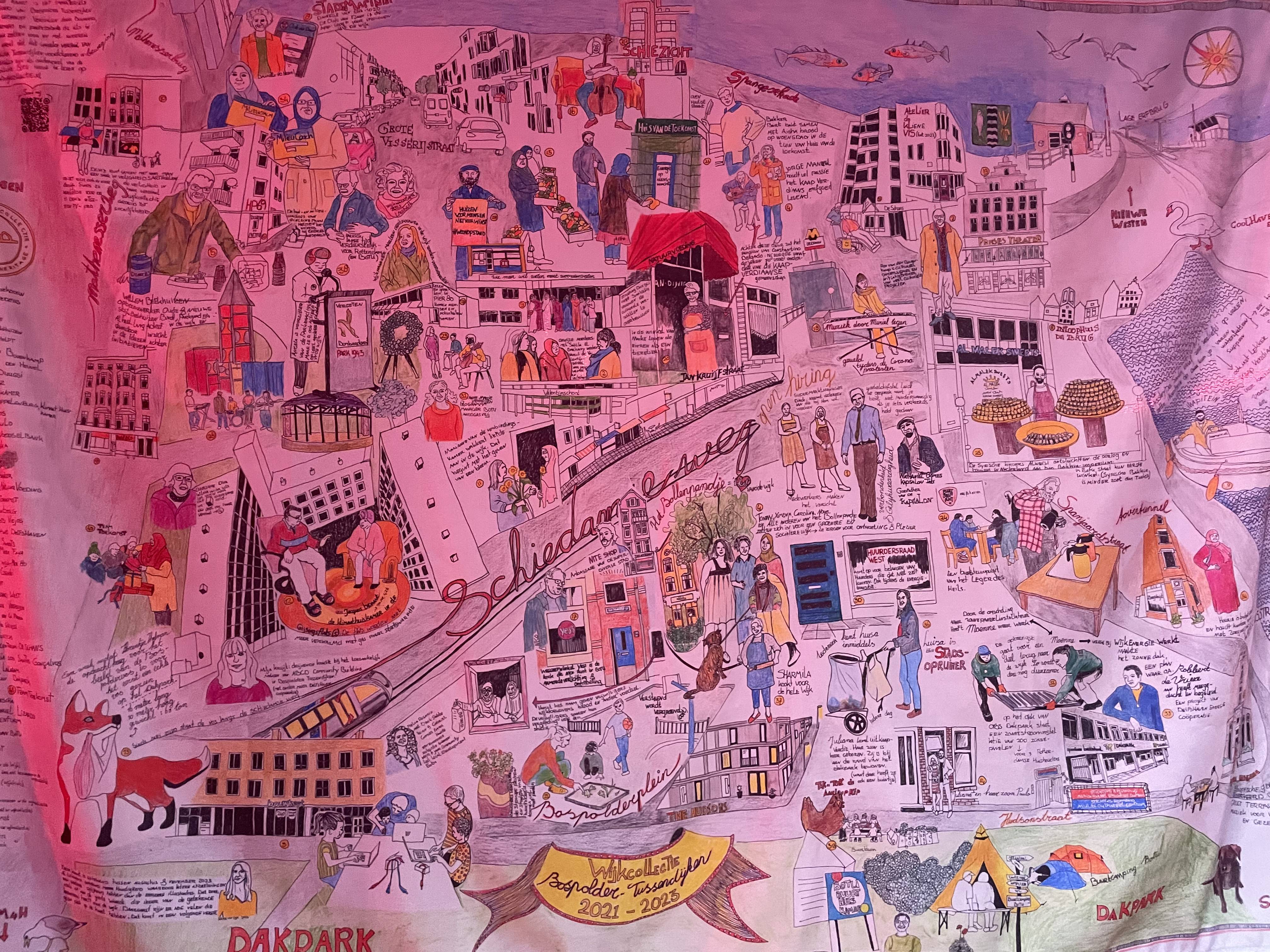JUSTPrepare
JUST PREPARE ‐ Putting REsident Practices And REsidential areas at the center of a JUST and effective energy transition in underprivileged neighbourhoods
In Underprivileged Neighbourhoods (UNs), attempts to realize the energy transition face two mismatches:
- Between retrofit technologies and residents’ energy practices,
- Between residents and those actors planning and implementing solutions.
These may hamper the energy transition in terms of:
- Effectiveness (through producing resistance, rebound and prebound effects).
- Justice (i.e. distribution of benefits and burdens.
- Degree of access to energy transition decision‐making.
- Recognition of how vulnerable groups are affected by the energy transition.
Knowledge underlying these mismatches is a lack of in-depth knowledge of energy‐consuming practices such as cooking, laundering, and keeping warm, as well as a lack of effective and just methods to involve UN residents in the energy transition.
An effective and just energy transition thus requires
- A bottom‐up perspective to rethink and further develop thematic agendas for municipalities, housing corporations and other institutional actors.
- Repertoires of interface technologies, renovation strategies and governance arrangements.
- Insight into the diversity of current and future resident needs and practices each may serve.
- Methods to develop or check such insights in cases beyond our project).
- Educational material for (post‐)initial training of professionals to support the energy transition in UNs.
JustPREPARE Project Goals
The JustPREPARE project's goals and expected results are centred around generating concrete knowledge and technology outputs, which are categorized into three main areas:
- Understanding the diversity of residential practices and technologies: This involves researching the current and future diversity of residential practices and their implications for designing effective and just in-home interface technologies. It also includes developing methods for the practice-based design of in-home installations, retrofit technologies, processes, and policy interventions to promote their effective and just application.
- Enhancing resident involvement and renovation strategies: The project aims to explore current methods of resident involvement in renovation strategies at both the building and neighborhood levels. It seeks to evaluate such strategies for their effectiveness and justice, utilizing multi-criteria analysis methods and formulating governance arrangements for their definition and implementation.
- Developing integrated solutions and governance arrangements: The project intends to synthesize methodical and substantive insights related to in-home and building/neighborhood scales. This includes creating narrative methods to support integrated solutions at both scales, developing repertoires of interface technologies, renovation strategies, and governance arrangements that cater to the diverse needs and practices in underprivileged neighborhoods.
The project's underlying assumptions include the engagement of partners in knowledge sharing and capacity building, the expectation that the outcomes will lead to desired impacts by enhancing residents' capabilities in the energy transition, and the ability of the project's interventions to impact both intra-project variables and structural factors outside the project.





